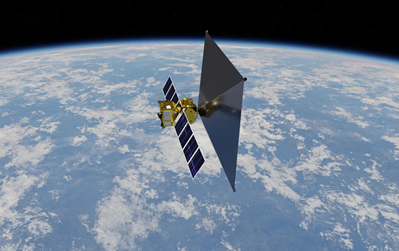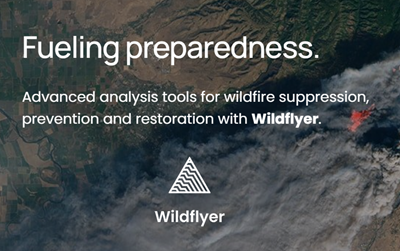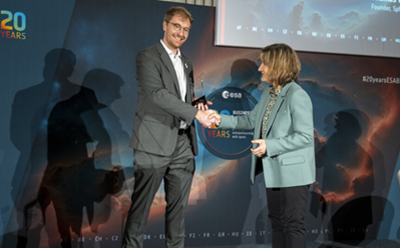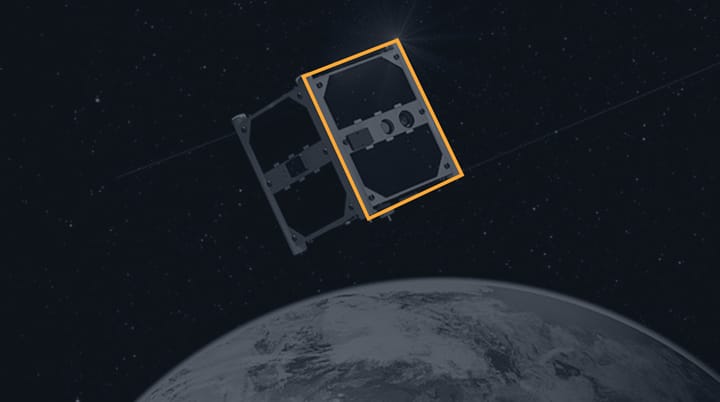
Online marketplaces aren’t the easiest companies to run as they depend on a healthy supply-demand balance. The combination of hard work, timing, execution and embracing new marketing strategies seems to have paid off for satsearch. As a platform for space products and services, this ESA BIC alumnus company is changing how traditional space business is done throughout the world.
Satsearch successfully graduated from the ESA BIC Noordwijk program this summer. In two years, the team went from searching for the perfect business model to a growing sales pipeline, on the verge of making a conservative industry much more accessible. From satellite components like antennas, thrusters and solar panels to ground stations and software: satsearch lets you find the right products and services for your next space mission.
We talked to CEO and co-founder Kartik Kumar about his experiences in ESA BIC, his views on the space industry and the next steps for satsearch.
As an online marketplace, what makes your business unique?
The idea to create a marketplace for space products and services is not new. What makes our approach unique is the execution of that idea. We built a solid product and figured out how to generate business from it. That wouldn’t have been possible if we hadn’t talked to a lot of potential customers and weren’t fundamentally market-oriented.
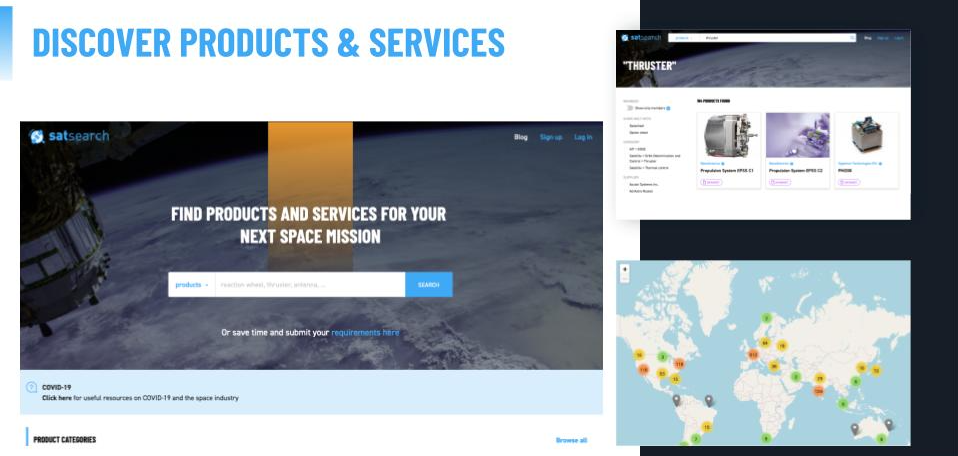
On the surface, our business seems simple, but before you can even create a platform like this you need to overcome problems like the complexity of the space sector itself. For instance, the industry right now is still very focused on government goals. It’s still turned inwards and ‘closed’. Space commercialisation hasn’t taken off much, yet. We want to change the way of doing business in the space industry, and grow beyond the traditional face-to-face approach to deal-making, by letting suppliers and customers find each other easily.
What is satsearch up to right now?
Our website is growing rapidly in both supply and demand. The thing with a marketplace is that you have to reach critical mass on both sides. Now, we have clients in more than a dozen countries. We put a lot of effort in execution to grow as fast as possible. We’re preparing to expand to new markets globally, including the US market, which remains the largest for governmental and commercial space programs.
Can you describe your journey in the ESA BIC program?
When we started in the middle of 2018, we felt the emphasis of the program was on technology transfer. So as a ‘meta company’, a space marketplace, we felt a bit out of place. Soon it became clear what we could get out of the program. The ESA BIC brand was great for building trust and relations – it’s a seal of approval within the sector basically.
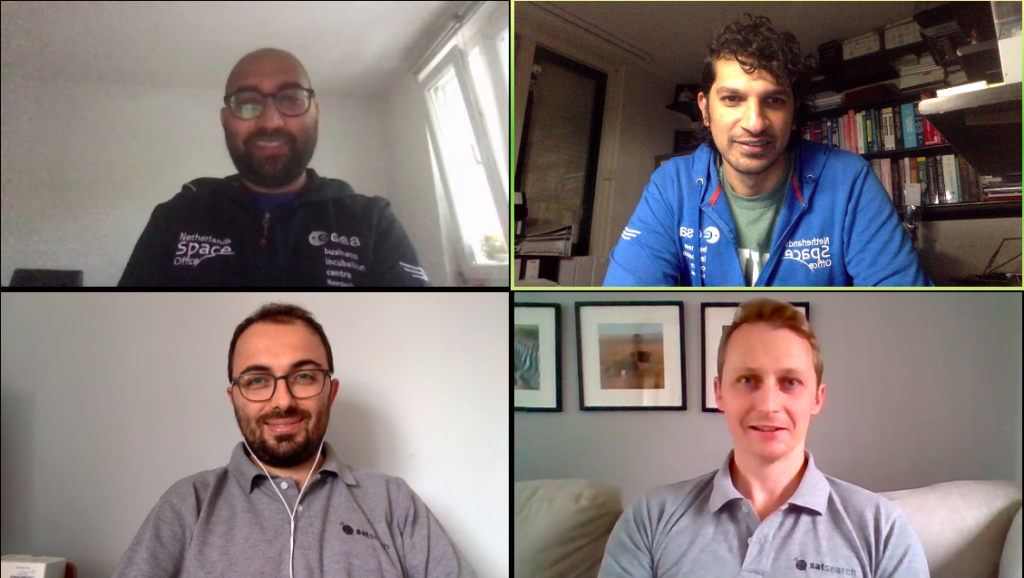
Our first year was about finding the right method to grow. What really helped was that as an ESA BIC company we gained access to major industry events, which are normally very expensive. Through ESA BIC, we were fortunate to be given a table on the exhibition floor at the IAC in Bremen for instance. There we talked to a lot of people from the industry and gained valuable feedback, which played a critical role in helping us find the right business model. Next to that, the community of other entrepreneurs in the program and access to coaches and mentors was indispensable for us.
In year two, everything started to take off when we started developing and executing on a content marketing strategy. By writing articles that replicated the in-depth conversations that buyers and suppliers typically have face-to-face at conferences, our online reach grew rapidly. Suddenly, we were getting noticed by both the supply and demand side. It became part of our proposition: offering valuable information and insights about and to the space industry.
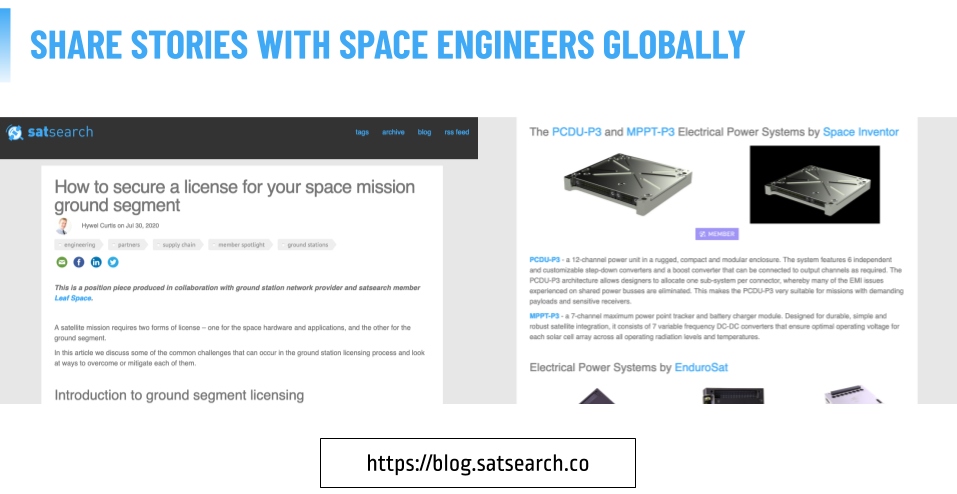
What did you learn about the space industry?
It’s a very relationship-driven industry. And of course there’s a lot of risk involved. Things are expensive. It doesn’t change that easily. We feel the shift to commercialisation is underway, but it’s still aspirational in many ways for the industry. It will take some time, but we believe that we can help accelerate that. We get that some entities are a bit hesitant to share their products or insights with the rest of the world. But if you want to ride the commercialisation wave, you have to be open minded about sharing.
COVID-19 is an obvious challenge for many organizations. How does it affect your business, and the space industry in general?
It has a direct impact on conferences, which are still important to us and the rest of the industry, given the value of personal relationships towards building trust. There’s still a need to meet people face-to-face. The challenge is to build and maintain relationships online. It’s no surprise that the coronavirus crisis has forced companies to shift to doing business online within an exceedingly short time frame, even within the space industry.
I think financing of space businesses will change. A major part of the industry is fuelled by government budgets. COVID-19 has forced us all to be more commercial. In the long term, that’s a good thing. You don’t want to live on grants and subsidies alone: it’s a pretty big risk for your company.
Can you say the timing was right for satsearch? As you mentioned earlier, commercialisation also means a shift to online business – and not just due to corona.
Our business took off at the right time, a few months before the pandemic. The idea for a marketplace for space products and services probably dates back to at least the early 90’s, if not earlier. Back then, it wasn’t the right timing to kickstart a marketplace. Now, COVID-19 has changed a lot very rapidly. It has resulted in the industry at large adopting a more open mindset to transacting online, and that has accelerated our business as well. In that sense the timing was right, yes. Given how COVID-19 has negatively affected so many people across the world, the silver lining for our business feels somewhat bittersweet. However we believe that we can help the space industry to generate greater positive impact on society by streamlining marketplace transactions.
Which lessons would you like to share with other entrepreneurs in the space industry?
Get the most out of your resources. Spend every penny wisely – we learned this during the ESA BIC program. Next to that: be data-driven, make as many aspects of your business measurable.
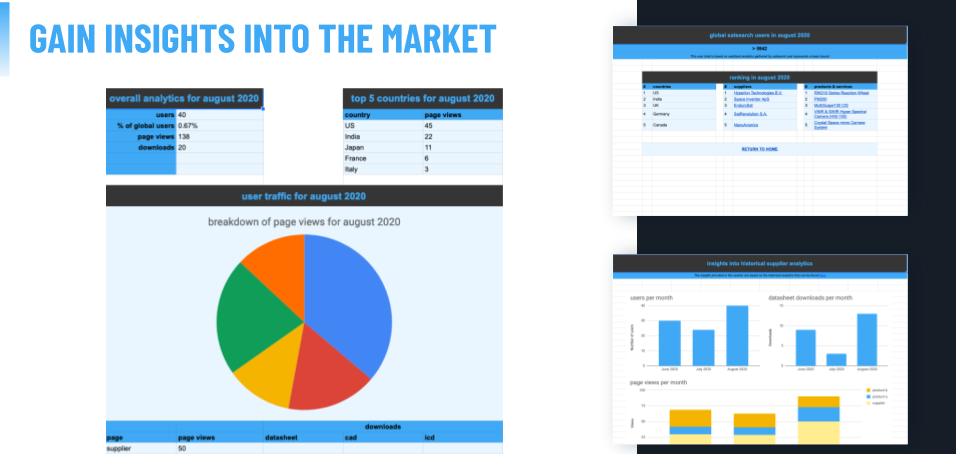
Where will satsearch be in 5 years?
In 5 years, we want to be the default platform where space business happens. When that happens we won’t be the exciting new kid on the block anymore. We want to become part of the fabric of the sector: fully integrated within the space industry, serving as the engine for commercial growth.
After graduation, we keep in touch with our alumni companies, as they are an invaluable part of our space business network. Want to be part of the community, and build a space based business as well? Then check out our ESA BIC incubation program.
